How book bans are affecting schools and libraries
Librarians feel under siege as they battle the latest book ban wave

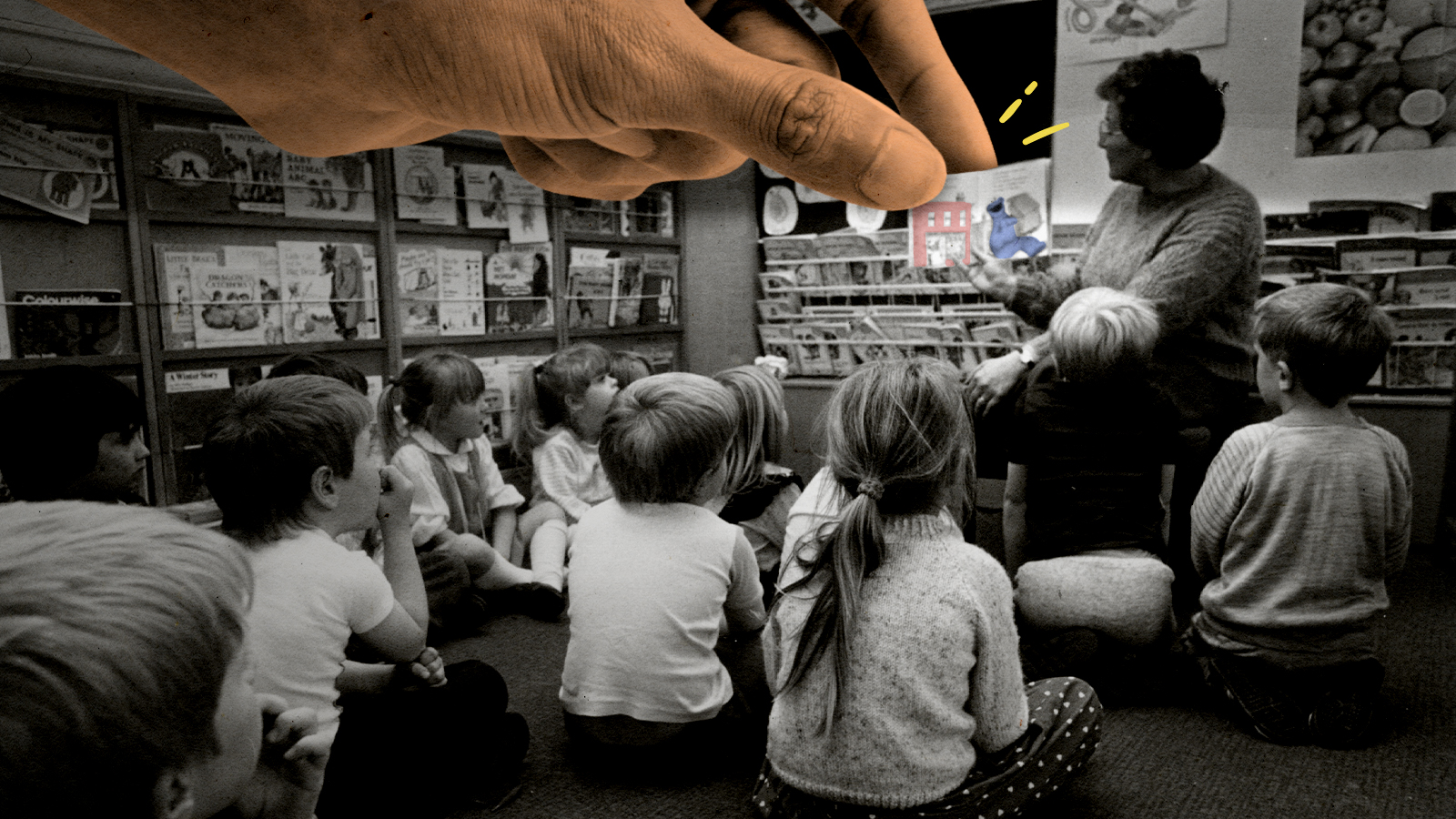
A free daily email with the biggest news stories of the day – and the best features from TheWeek.com
You are now subscribed
Your newsletter sign-up was successful
There is something different about the recent wave of book banning. The issue of book censorship is evolving beyond the typical school board meeting. Should public libraries and bookstores be cautious this year? Here's everything you need to know about how book bans are affecting schools and libraries:
What is book banning?
Book banning has a long history in the United States. The earliest campaign to ban a work of literature can be traced back to Thomas Morton's "New English Canaan," in 1964, according to The Washington Post. Banning books meant for adults has become increasingly complex, but 19th-century obscenity laws opened the door for people to turn their attention to books made available to children.
PEN America, a literary and free expression rights organization, defines school book banning as "any action taken against a book based on its content and as a result of parent or community challenges, administrative decisions, or in response to direct or threatened action by lawmakers or other governmental officials."
The Week
Escape your echo chamber. Get the facts behind the news, plus analysis from multiple perspectives.

Sign up for The Week's Free Newsletters
From our morning news briefing to a weekly Good News Newsletter, get the best of The Week delivered directly to your inbox.
From our morning news briefing to a weekly Good News Newsletter, get the best of The Week delivered directly to your inbox.
The organization attributes the new wave of book bans to the increasing number of "educational gag orders" being passed across the country. According to PEN, 36 states have introduced 137 educational gag order bills. Though only seven states have passed such laws, the number of proposed bills is 250 percent higher than in 2021. Many of these gag orders address the inclusion of critical race theory and LGBTQ themes in school. They are being used to facilitate the censorship of books in classrooms and school libraries.
The number of books being challenged has reached an unprecedented high, per The American Library Association. Compared to the usual 300-500 annual book challenges they receive, the number of challenges clocked in at 729 complaints levied against 1,527 different books in 2021.
The organization says that most of the targeted books were by or about Black and L.G.B.T.Q. people. The list of top titles mentioned in the book challenges include "All Boys Aren't Blue," by George M. Johnson, "Out of Darkness," by Ashley Hope Pérez, and "The Hate U Give," by Angie Thomas.
What is different about the recent wave of book banning campaigns?
Though book banning is an old practice, several factors are contributing to the shocking growth of books being challenged recently. In the past, these debates took place in school board meetings as parents contested material they deemed inappropriate for their students. However, the question of censorship has become increasingly politicized and potentially punitive across the nation.
A free daily email with the biggest news stories of the day – and the best features from TheWeek.com
One reason for the increasing political pressure around the issue is that parents are creating a national network to give each other tips on influencing the accessibility of books they deem harmful. Florida-based parental rights group Moms of Liberty has expanded to over 200 chapters nationwide. According to founder Tiffany Justice, their campaigns to monitor and challenge school reading lists are rooted in their desire to safeguard their children's innocence. Justice says "gender identity has no place being taught in schools," New York Times Magazine reports.
These groups are putting pressure on state officials to crack down on schools, teachers, and in some cases, public libraries. Conservative lawmakers are introducing more legislature like Florida's "Don't Say Gay" bill to create legal ramifications for introducing themes like gender identity and critical race theory in classrooms. These bills have become increasingly punitive, threatening educational institutions with being defunded, heavy fines, or criminal charges.
How are public schools handling book bans?
Over the past few weeks, the implementation of school book bans has begun as schools are back in session. Jeremy Young, senior manager of PEN America, told CNN that these measures had affected classrooms in multiple ways. Curriculum adjustments and school policy changes have included banning certain books. Many teachers are avoiding controversial topics altogether out of fear of criminal prosecution. CNN reports that schools in Texas are pulling books off the shelves, and one Florida school district put a moratorium on library purchases. At the same time, they're figuring out how to create school policies that reflect new censorship laws.
In other places, students and teachers are fighting back. A teacher in Oklahoma resigned, citing book censorship in classroom libraries as the catalyst. The Lousiana Association of School Librarians has petitioned its members to take a stand against censorship. Texas parent and chair of the Hood County Democratic Party, Adrienne Martin, has been speaking out against censorship in school board meetings. She said she was moved to do so after witnessing people who didn't have children at any of the district schools in question expressing their opinions. At a recent meeting, Martin said, "So, being a taxpayer does not grant special privileges over students, staff, and parents. I do not want random people with no education background or experience determining what books my child can read, what curriculum they learn, and what clubs they can join," per CNN.
Is the resurgence of book banning campaigns threatening public libraries?
Most censorship laws specifically target K-12 classrooms and higher education, but some states are contemplating expanding the bans to public libraries. While school libraries are directly addressed in most new regulations, the public library has primarily been protected because it is a public space protected by First Amendment rights. However, the broad language in many educational gag orders empowers parents and politicians to pressure public libraries to comply with their desire for censorship.
Time Magazine reports that public librarians in many states face the same pressure as their school counterparts. The director of library services for Victoria, Texas, Dayna Williams-Capone, says last year was the first time in her 25-year career that she was asked to remove certain books from the public collections. Residents elevated their concerns to the county commission when her team decided the books under review should stay. Though the county doesn't fund the library, it owns the building it is housed in. Commissioner Clint Ives was alarmed by books he deemed "pornographic" and has given the library 90 days to remove the books or face eviction.
With public libraries under scrutiny, some conservative citizens are also eyeing bookstores. In August, a judge in Virginia dismissed two petitions to ban Barnes & Noble and independent bookstores from selling two books to minors. The two petitions from Republican politicians targeted the books "Gender Queer" by Maia Kobabe and "A Court of Mist and Fury" by Sarah J. Maas, stating that they violated the state's obscenity law. The judge found that they lacked evidence proving the books were obscene and added that the state's obscenity laws were unconstitutional because they violated the First Amendment.
Theara Coleman has worked as a staff writer at The Week since September 2022. She frequently writes about technology, education, literature and general news. She was previously a contributing writer and assistant editor at Honeysuckle Magazine, where she covered racial politics and cannabis industry news.
-
 James Van Der Beek obituary: fresh-faced Dawson’s Creek star
James Van Der Beek obituary: fresh-faced Dawson’s Creek starIn The Spotlight Van Der Beek fronted one of the most successful teen dramas of the 90s – but his Dawson fame proved a double-edged sword
-
 Is Andrew’s arrest the end for the monarchy?
Is Andrew’s arrest the end for the monarchy?Today's Big Question The King has distanced the Royal Family from his disgraced brother but a ‘fit of revolutionary disgust’ could still wipe them out
-
 Quiz of The Week: 14 – 20 February
Quiz of The Week: 14 – 20 FebruaryQuiz Have you been paying attention to The Week’s news?
-
 The video game franchises with the best lore
The video game franchises with the best loreThe Week Recommends The developers behind these games used their keen attention to detail and expert storytelling abilities to create entire universes
-
 The buzziest movies from the 2023 Venice Film Festival
The buzziest movies from the 2023 Venice Film FestivalSpeed Read Which would-be Oscar contenders got a boost?
-
 America's troubling school bus driver shortage
America's troubling school bus driver shortageSpeed Read Kids are heading back to school, but they might be having trouble getting a ride
-
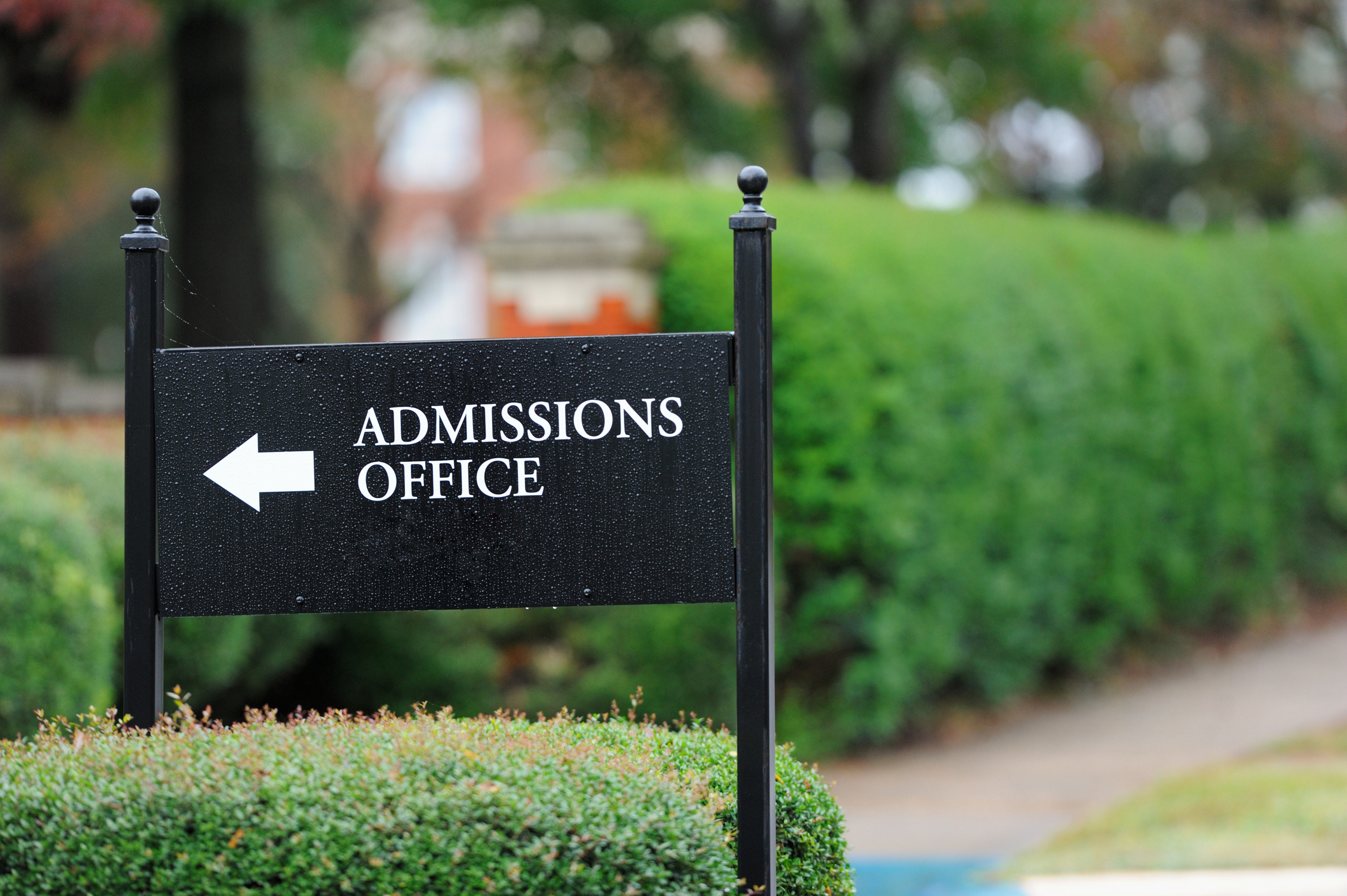 5 college admissions trends to watch out for this year
5 college admissions trends to watch out for this yearSpeed Read College advisers and admissions experts say these trends will shape the 2023-2024 admissions cycle
-
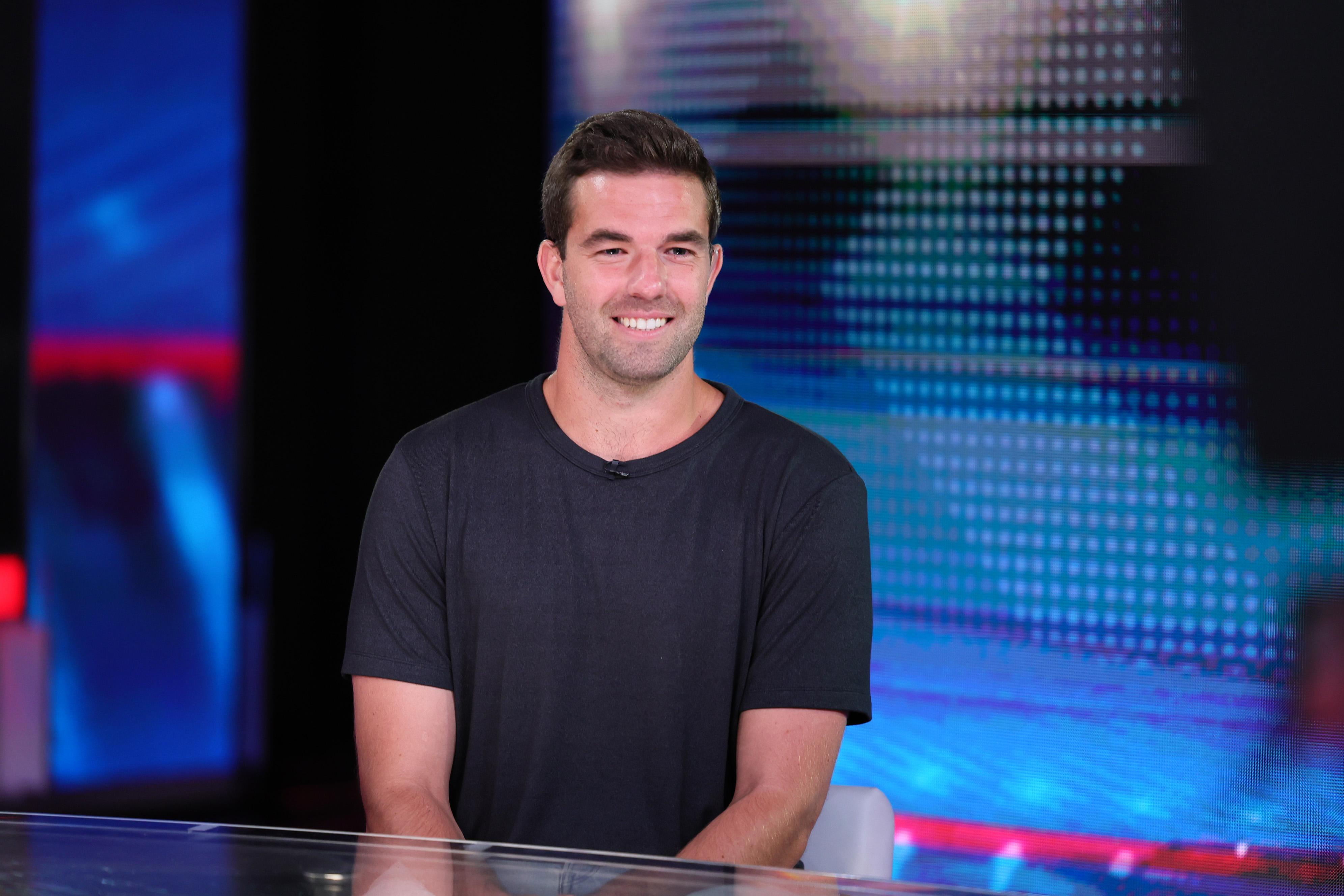 What's going on with Fyre Festival II?
What's going on with Fyre Festival II?Speed Read Convicted felon Billy McFarland claims the music festival will happen, for real this time
-
 The answer to rising home prices: smaller homes
The answer to rising home prices: smaller homesSpeed Read Builders are opting for fewer rooms and more attached styles as frustrated homebuyers look for affordable options
-
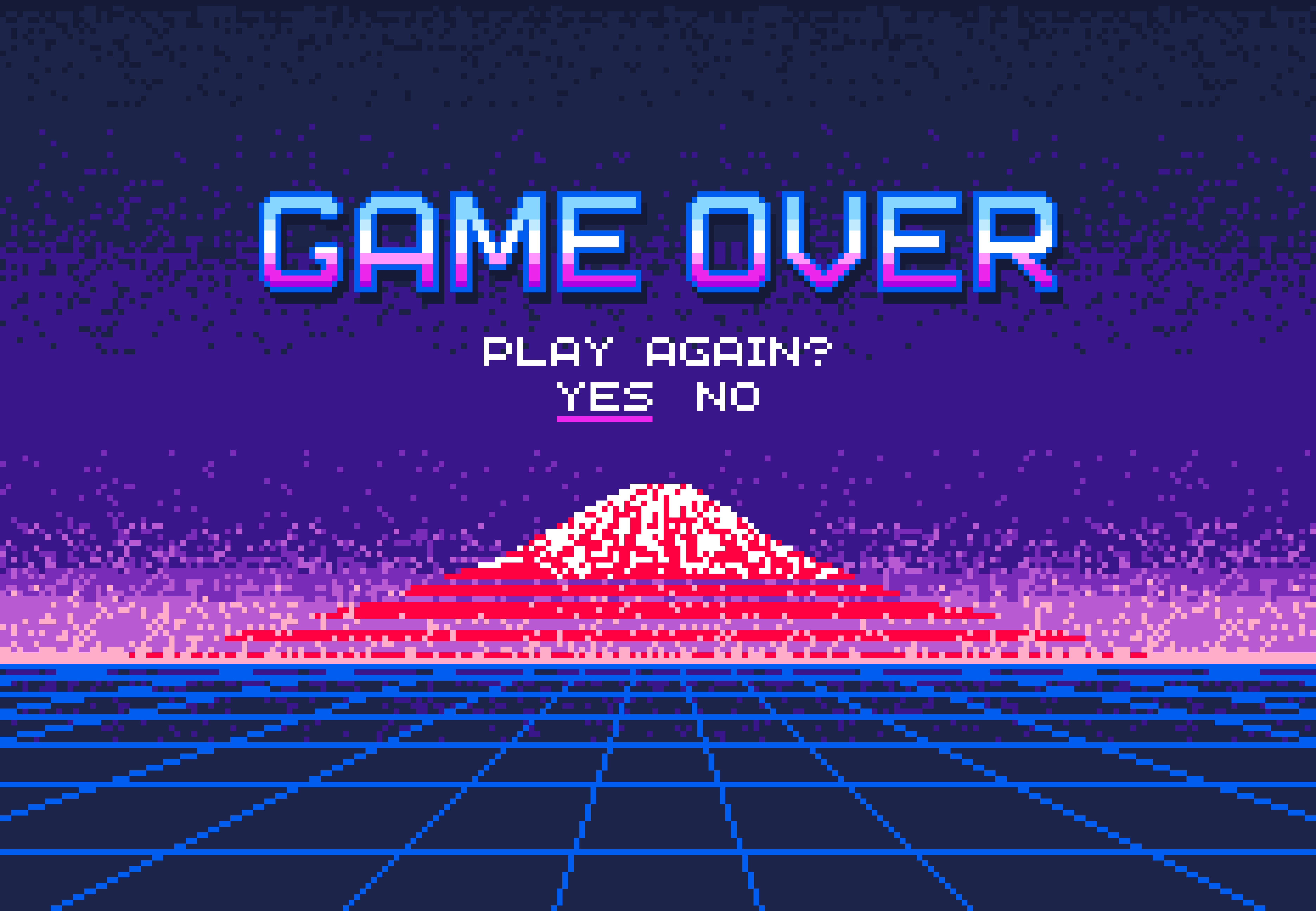 5 illuminating books about the video game industry
5 illuminating books about the video game industrySpeed Read Cozy up with a few reads that dig into some of the most fascinating parts of video game history
-
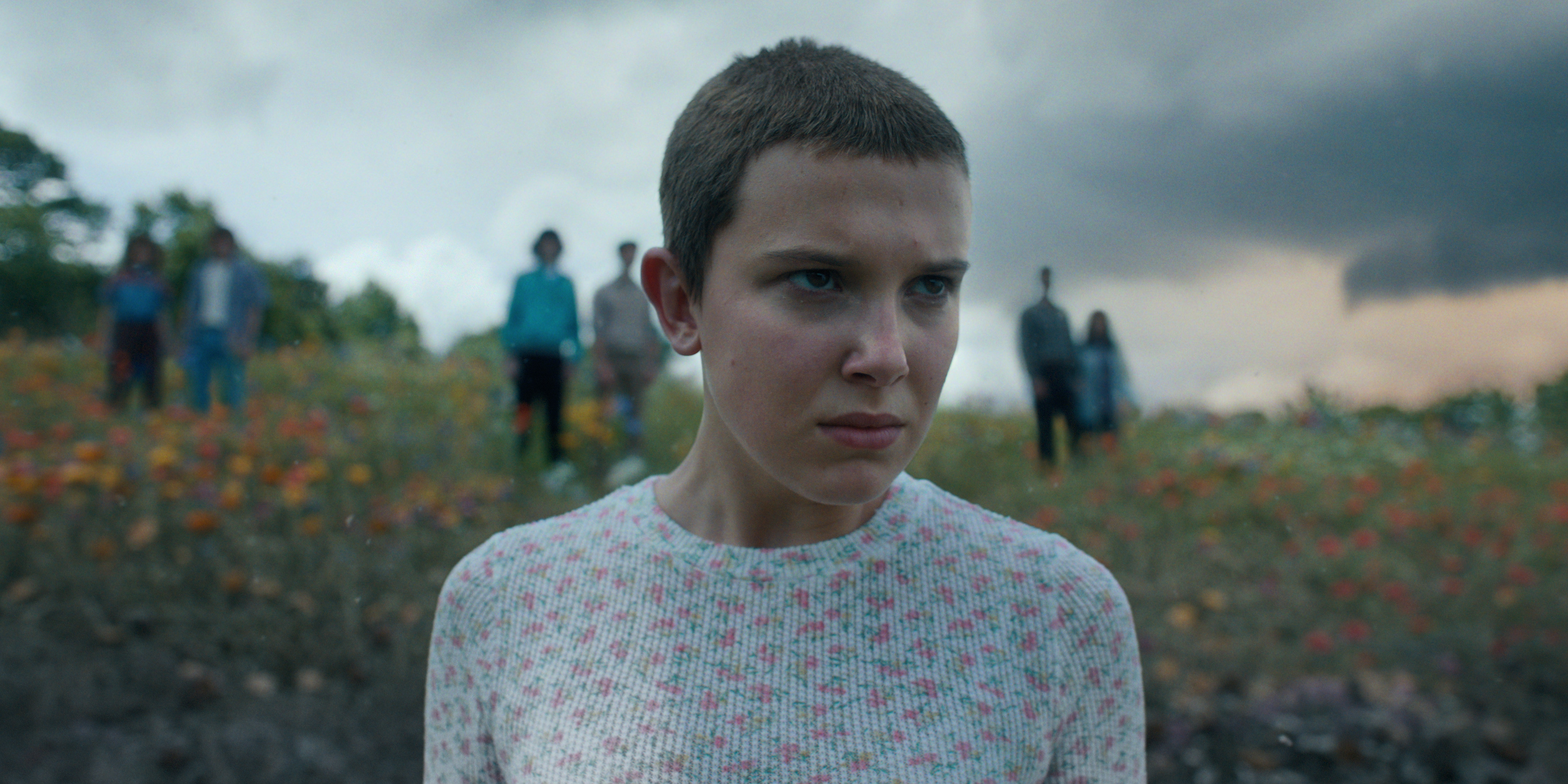 Everything we know about the final season of 'Stranger Things'
Everything we know about the final season of 'Stranger Things'Speed Read The Netflix hit will turn things up to eleven in its final bow ... eventually
